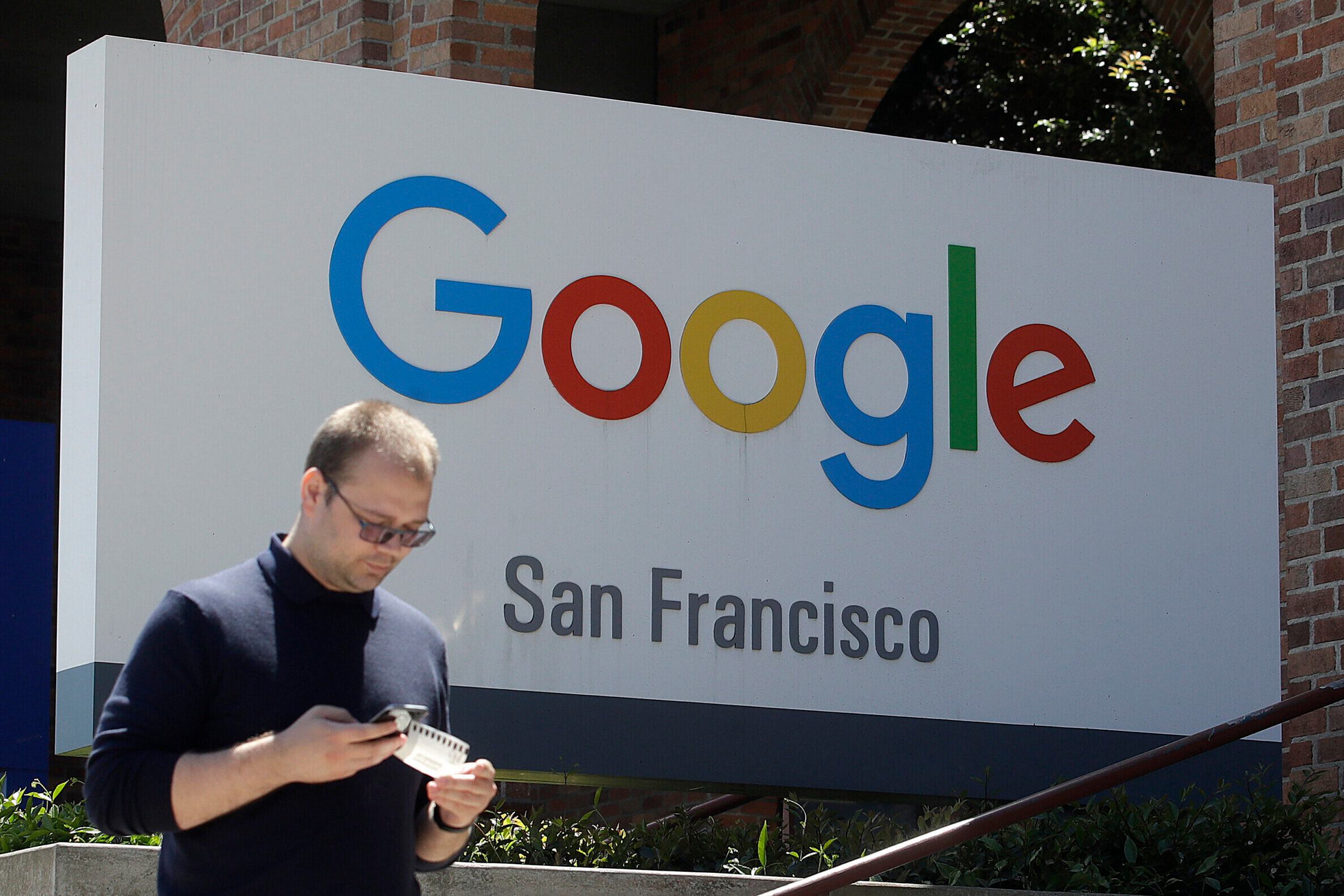Alabama Attorney General Steve Marshall announced Tuesday that his office, in conjunction with 52 other attorneys general, reached a $700 million settlement with Google for its "anticompetitive conduct with the Google Play Store."
Google agreed to pay $630 million in restitution, minus costs and fees, to consumers who purchased on the Google Play Store between August 2016 and September 2023 and were "harmed by Google's anticompetitive practices." Google will pay the states an additional $70 million for their sovereign claims. Consumers eligible for restitution claims from Google are not required to submit a claim. More details on the repayment process are still forthcoming.
"Our settlement holds Google accountable," Marshall said, "and makes a strong statement to big tech companies that they, too, must comply with our laws which are guided by a capitalistic free market, and treat consumers fairly."
The attorneys general sued Google in 2021, alleging it unlawfully monopolized the market Android app distribution and in-app payment processing. Specifically, the states claimed that Google signed anticompetitive contracts to prevent other app stores from being preloaded on Android devices, bought off key app developers who might have launched rival app stores, and created technological barriers to deter consumers from directly downloading apps to their devices. The states announced a settlement in principle on Sept. 5 and then released the finalized terms of that deal.
For much of this case, the attorneys general litigated alongside Epic Games and Match, two major app developers. Match announced a separate settlement earlier this year, while Epic Games took its case to trial. Last week, a jury unanimously found that Google's anticompetitive conduct violated federal antitrust laws.
The settlement requires Google to reform its business practices in the following ways:
Give all developers the ability to allow users to pay through in-app billing systems other than Google Play Billing for at least five years.
Allow developers to offer cheaper prices for their apps and in-app products for consumers who use alternative, non-Google billing systems for at least five years.
Permit developers to steer consumers toward alternative, non-Google billing systems by advertising cheaper prices within their apps themselves for at least five years.
Not enter contracts that require the Play Store to be the exclusive, pre-loaded app store on a device or home screen for at least five years.
Allow the installation of third-party apps on Android phones from outside the Google Play Store for at least seven years.
Revise and reduce the warnings that appear on an Android device if a user attempts to download a third-party app from outside the Google Play Store for at least five years.
Maintain Android system support for third-party app stores, including allowing automatic updates, for four years.
Not require developers to launch their app catalogs on the Play Store at the same time as they launch on other app stores for at least four years.
Submit compliance reports to an independent monitor who will ensure that Google is not continuing its anticompetitive conduct for at least five years.
To connect with the author of this story or to comment, email craig.monger@1819news.com.
Don't miss out! Subscribe to our newsletter and get our top stories every weekday morning.










